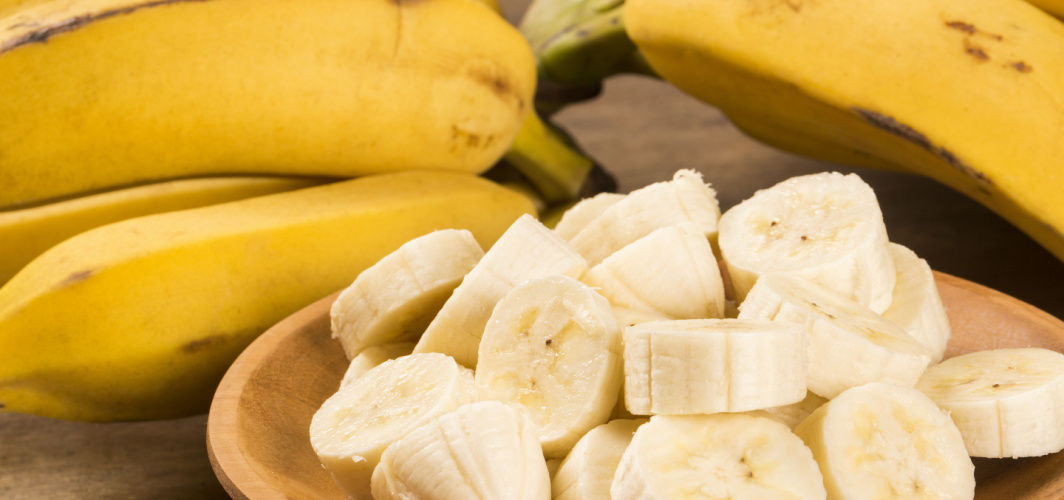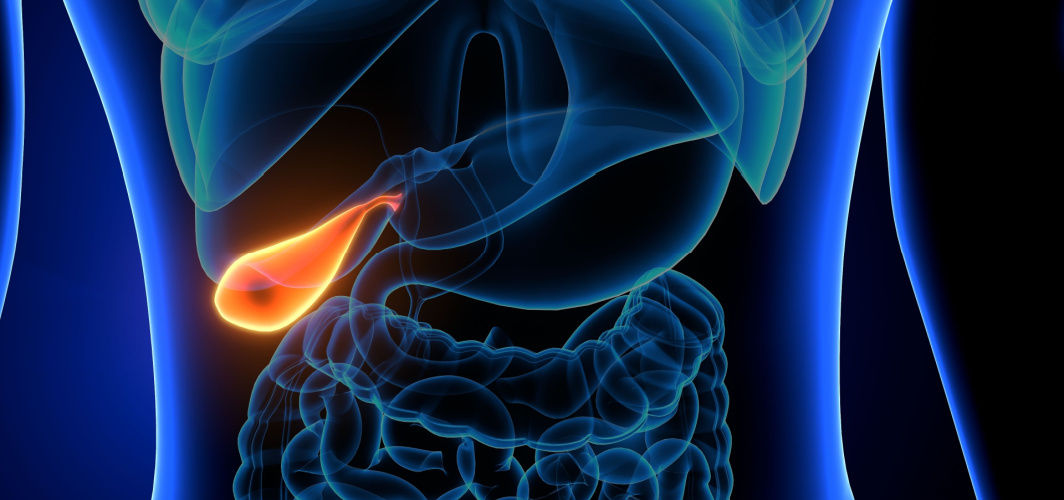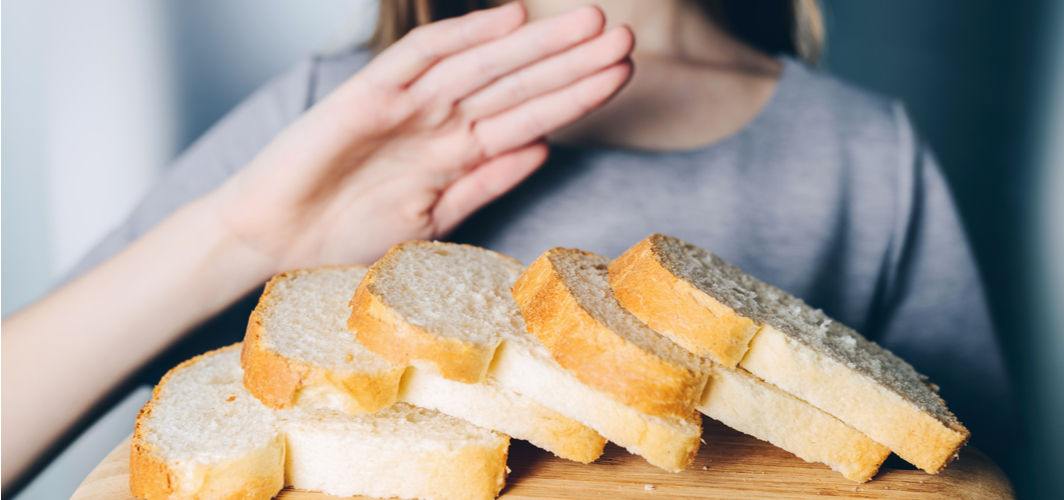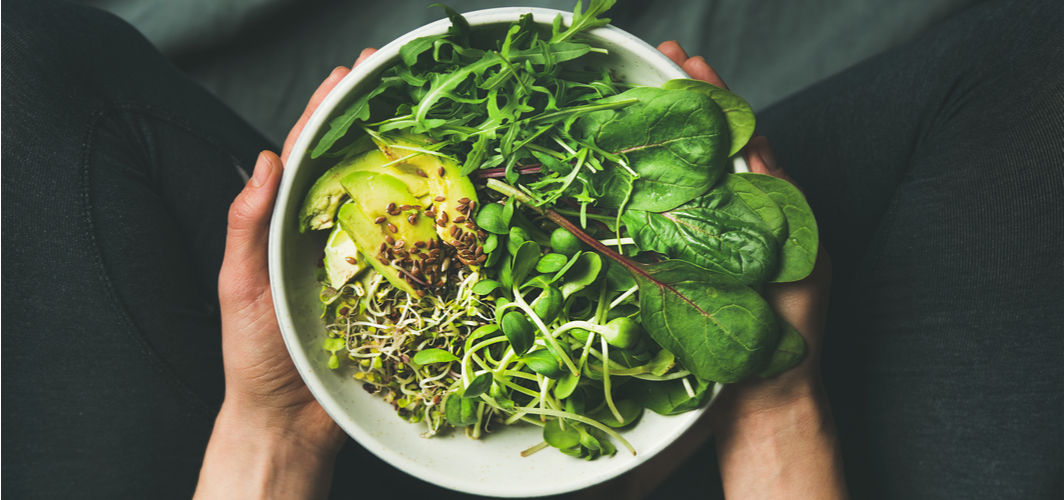Digestive Health
Is Banana Good for Loose Motion: Get Experts' Advice
4 min read
By Apollo 24|7, Published on - 30 June 2023, Updated on - 19 September 2023
Share this article
0
6 likes

Loose motions or diarrhoea is a very common digestive disorder that can be attributed to various factors such as changing weather conditions, dietary changes, or physical exertion. While there are numerous medications available to provide instant relief from loose motions, many individuals rely on traditional home remedies. Among these remedies, eating bananas has gained a reputation for its efficacy in alleviating loose motions. Let's explore how consuming bananas can help those experiencing diarrhoea.
How Do Bananas Help Deal With Diarrhoea?
Here are the key ways in which bananas benefit those experiencing diarrhoea.
1. Strong Prebiotic Properties
Prebiotics, a type of dietary fibre, nourish the beneficial bacteria in your gut, promoting a healthier digestive system.
- Bananas contain inulin, a prebiotic that enhances digestion and bowel function.
- Additionally, unripe (green) bananas are rich in resistant starch, which exhibits strong prebiotic properties.
- These prebiotic effects of bananas contribute to improving gut health and aiding in the management of loose motions.
2. Makes the Stool Firmer and Bulkier
When experiencing loose motions, the aim is to reduce stool frequency and promote stool firmness.
- Bananas, being fibre-rich, add bulk to the stool, improve bowel regularity and make them a helpful aid during loose motions.
- Additionally, bananas contain pectin, a starch that aids in absorbing excess liquid in the intestines, leading to firmer stools and a shorter duration of diarrhoea.
- The potassium content in bananas also assists in water and electrolyte absorption.
3. Helps Restore Energy
When experiencing diarrhoea, it's common to feel weak and fatigued. Additionally, excessive fluid loss can lead to dehydration.
- Bananas, known for being a low-residue food, can help address these issues. They provide a source of easily digestible carbohydrates, which quickly provide energy to combat weakness associated with loose motions.
- Furthermore, bananas are packed with essential nutrients that support rapid recovery and contribute to the overall health of your gut microbiome.
- The bland nature of bananas makes them easy to digest, and their high potassium content makes them an ideal choice for replenishing electrolytes lost during diarrhoea.
Other Foods to Eat During Loose Motion
When dealing with diarrhoea, consuming bland foods can promote faster recovery while preventing further stomach discomfort. In addition to bananas, the following foods are recommended:
- White rice- Commonly recommended for diarrhoea, white rice is low in fibre, which helps in limiting bowel movement.
- Toast made from white bread- Toasted white bread adds bulk to your stool, making it firmer and adding regularity to your bowel movement.
- Unsweetened applesauce- Applesauce contains a soluble fibre known as pectin that works as a prebiotic in your gut and helps absorb liquid in your intestines.
- Cooked cereals like oatmeal- Oatmeal is also rich in soluble fibre that slows the digestion process and makes your stool bulkier.
- Soup and crackers- Soup and crackers, with their high salt content, can help recover from the loss of fluids, electrolytes, and nutrients due to diarrhoea.
- Electrolyte-enhanced water or vitamin-enriched coconut water- In case of diarrhoea, it’s essential to replace the lost electrolytes and fluids. These drinks can be quite helpful in this regard.
Foods to Avoid During Loose Motion
When dealing with or recovering from diarrhoea, it's important to avoid certain foods that can aggravate the digestive system and worsen symptoms. These foods include:
- Dairy products (including milk-based protein drinks)
- Spicy foods
- Fried, greasy, and fatty foods
- Processed foods, particularly those with additives
- Sardines
- Raw vegetables
- Corn
- Onions
- Citrus fruits
- Other fruits such as pineapples, seeded berries, cherries, figs, & grapes
- Soda, coffee, and other caffeinated or carbonated beverages
- Alcohol
- Artificial sweeteners, including sorbitol
Takeaway
If you're considering eating a banana as a home remedy for loose motions, combine it with a small amount of curd to reap maximum benefits. This traditional combination can be consumed two to three times a day, depending on the frequency of loose motions. Remember to stay hydrated by drinking an adequate amount of fluids, particularly water. For more information talk to an expert.
<Consult Apollo’s Expert Gastroenterologists>
FAQs
Q. How many bananas should I consume during loose motion?
To alleviate stomach issues, it is recommended to eat 1-2 bananas a day.
Q. What are the best foods to stop loose motion?
Include salty foods like soup and pretzels and sports drinks in your diet. Additionally, consume high-potassium foods such as bananas, fruit juices, and skinless potatoes.
Q. Which fruits should be avoided when suffering from diarrhoea?
It is advisable to avoid dried fruits like prunes, including raisins, prune juice, and apricots. Also, steer clear of seedy fruits like berries and kiwi and citrus fruits like oranges and grapes.
Q. Which fruit is beneficial for loose motion?
Fruits and vegetables like bananas and potatoes are rich in potassium and contain pectin, a water-soluble fibre that aids in absorbing excess water in the intestines and relieves the symptoms of diarrhoea.
Q. Are bananas effective for diarrhoea or constipation?
Ripe bananas, due to their soluble fibre content, can help treat constipation. However, unripe or green bananas are high in resistant starch, which can cause constipation. Consequently, unripe bananas can be used to address diarrhoea.
Medically reviewed by Dr Sonia Bhatt.
Digestive Health
Leave Comment
Recommended for you

Digestive Health
Are Spicy Foods Healthy for Digestion?
Several recent studies reveal that spices are good for digestive health and have various other health-promoting properties.

Digestive Health
Gallbladder Stones: Know The Symptoms, Causes And Treatment
Gallstones are small stones that develop in the gallbladder. These come in varying sizes and in most cases, gallstones don’t cause significant health problems. Treatment is necessary only if they block ducts, cause severe pain or lead to other severe symptoms.

Digestive Health
The Difference Between Wheat Allergy, Celiac Disease, and Gluten Intolerance
These three major disorders are known to trigger unpleasant symptoms following intake of foods made using wheat.
Subscribe
Sign up for our free Health Library Daily Newsletter
Get doctor-approved health tips, news, and more.
Visual Stories

Hidden Health Benefits in a Bowl of Salad
Tap to continue exploring
Recommended for you

Digestive Health
Are Spicy Foods Healthy for Digestion?
Several recent studies reveal that spices are good for digestive health and have various other health-promoting properties.

Digestive Health
Gallbladder Stones: Know The Symptoms, Causes And Treatment
Gallstones are small stones that develop in the gallbladder. These come in varying sizes and in most cases, gallstones don’t cause significant health problems. Treatment is necessary only if they block ducts, cause severe pain or lead to other severe symptoms.

Digestive Health
The Difference Between Wheat Allergy, Celiac Disease, and Gluten Intolerance
These three major disorders are known to trigger unpleasant symptoms following intake of foods made using wheat.